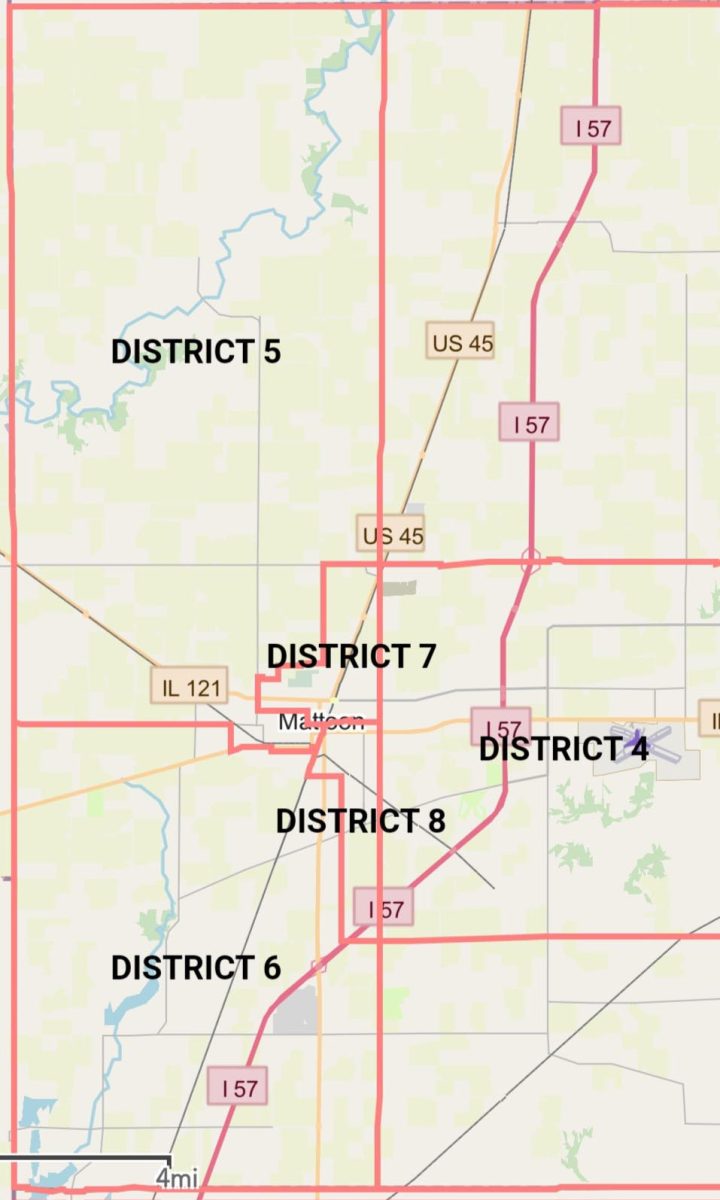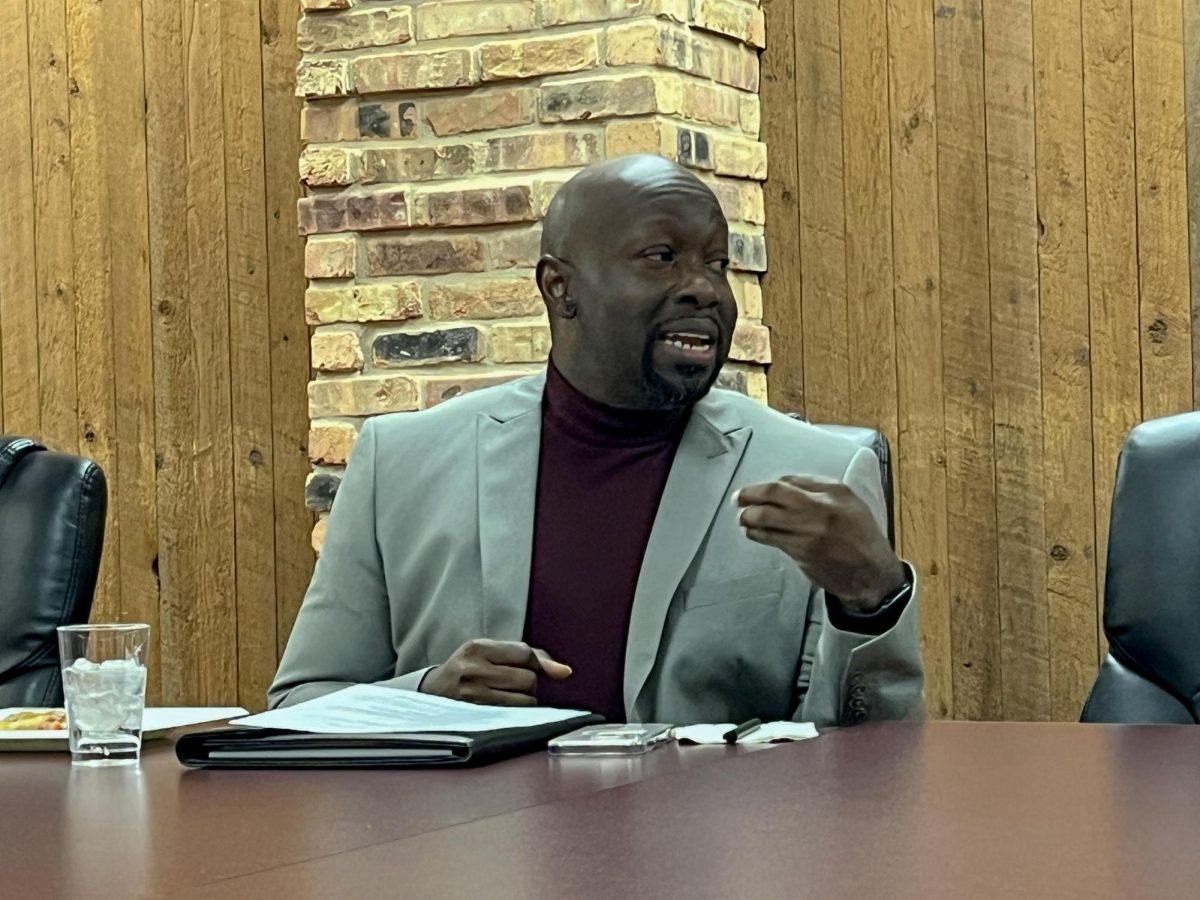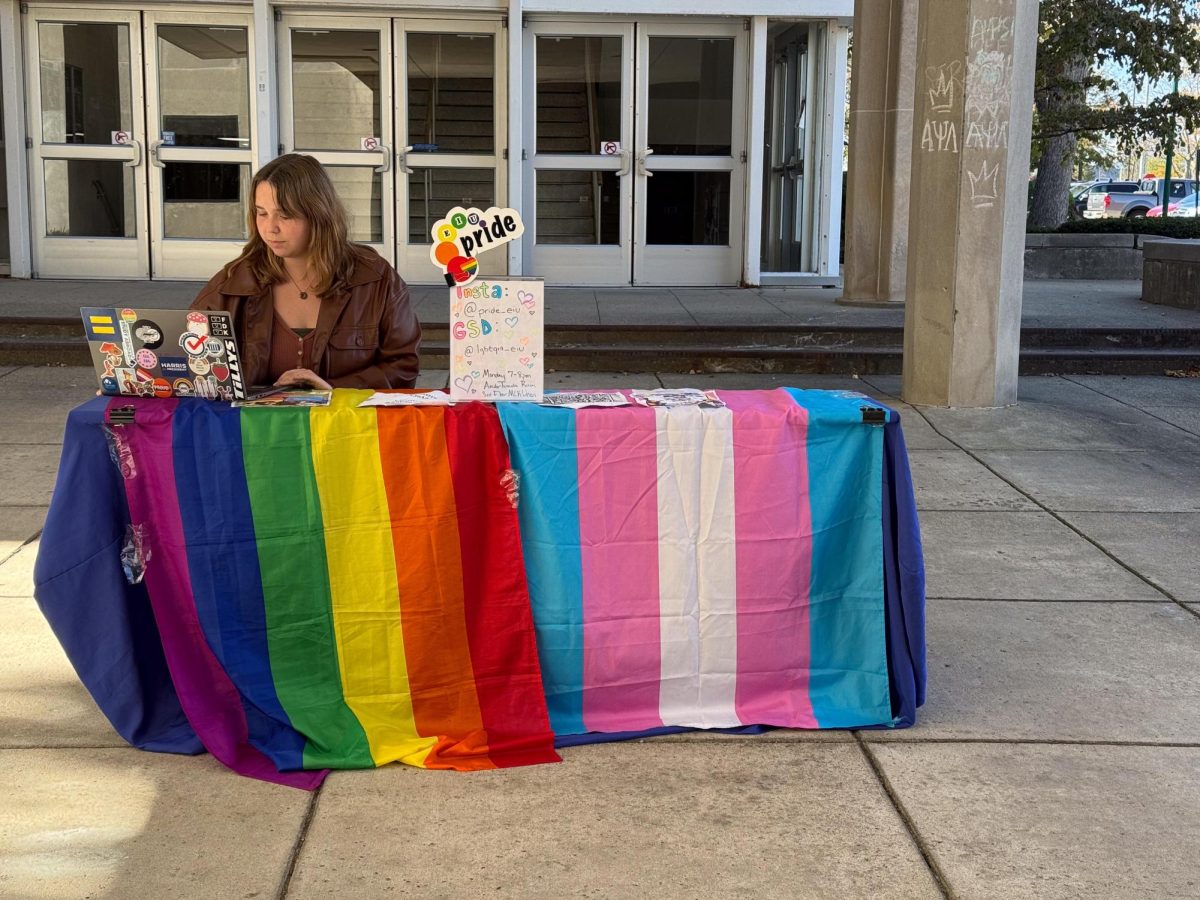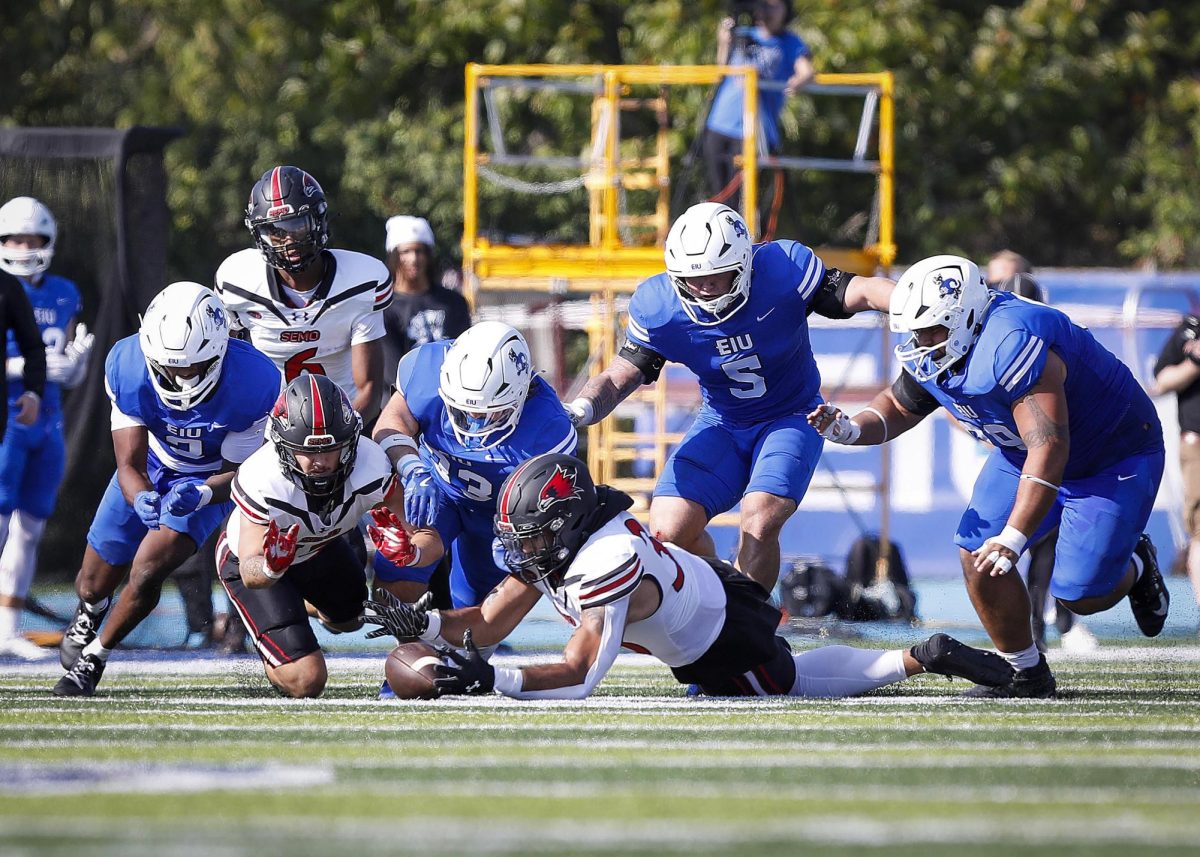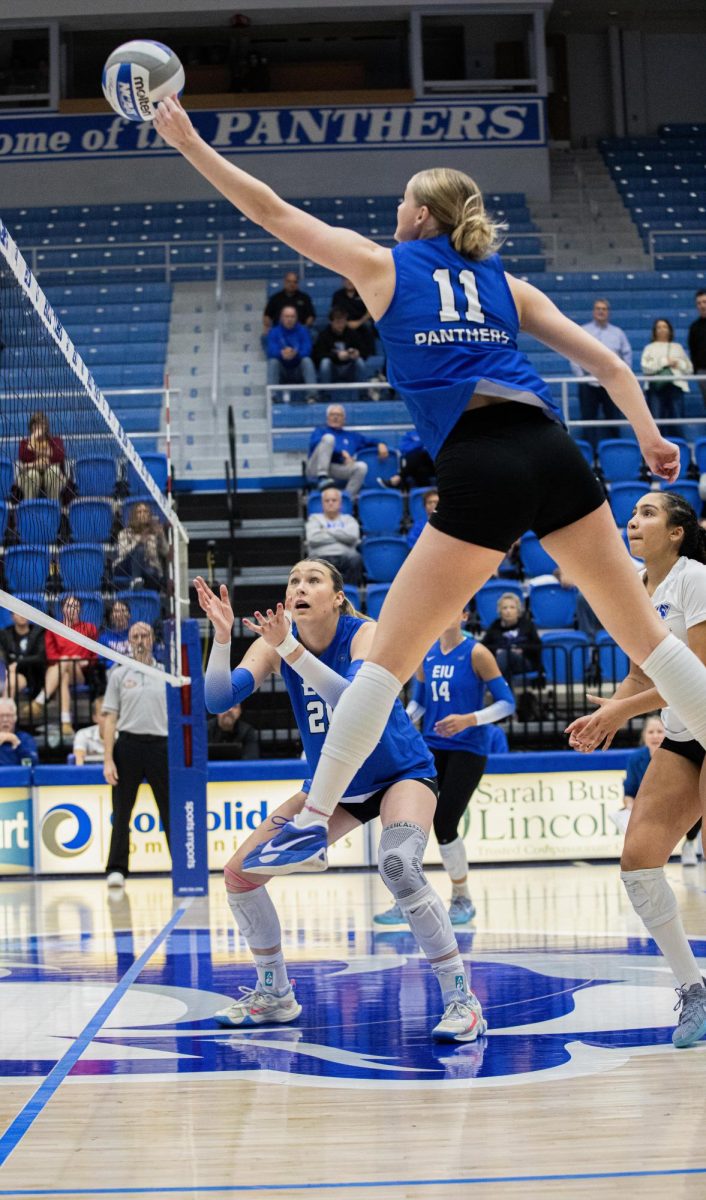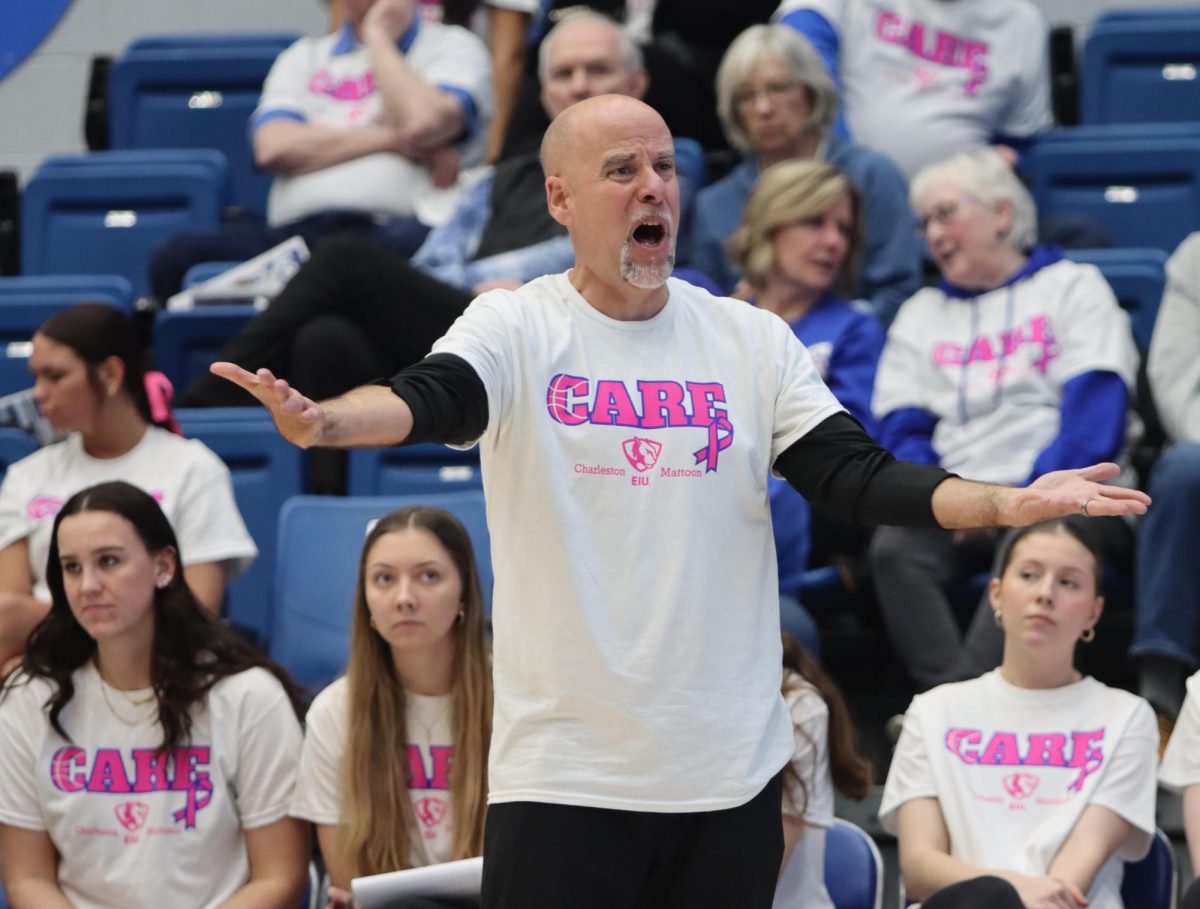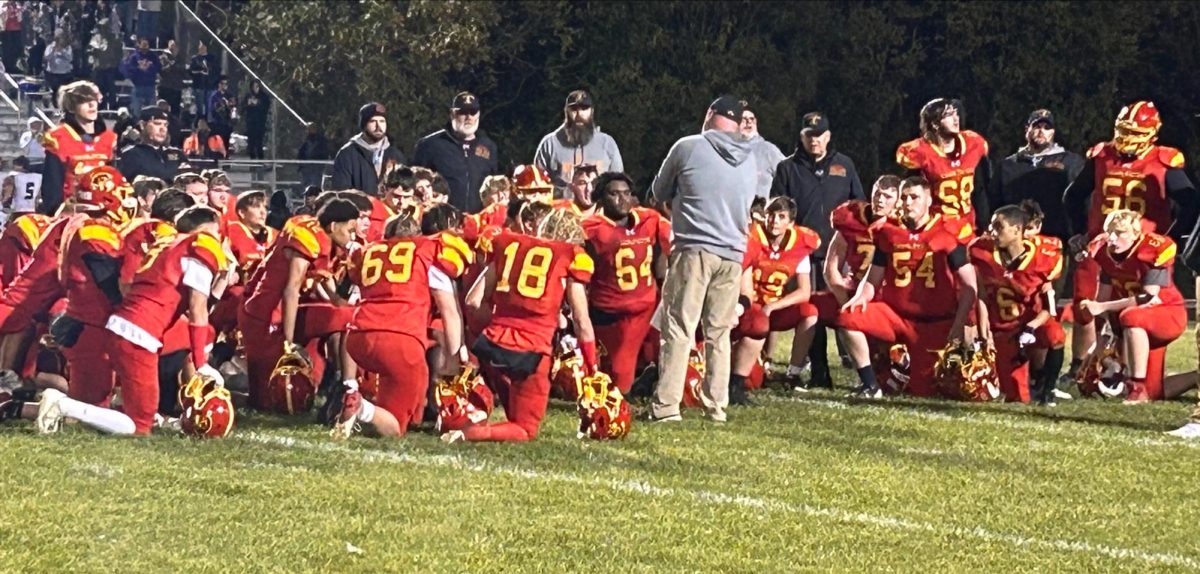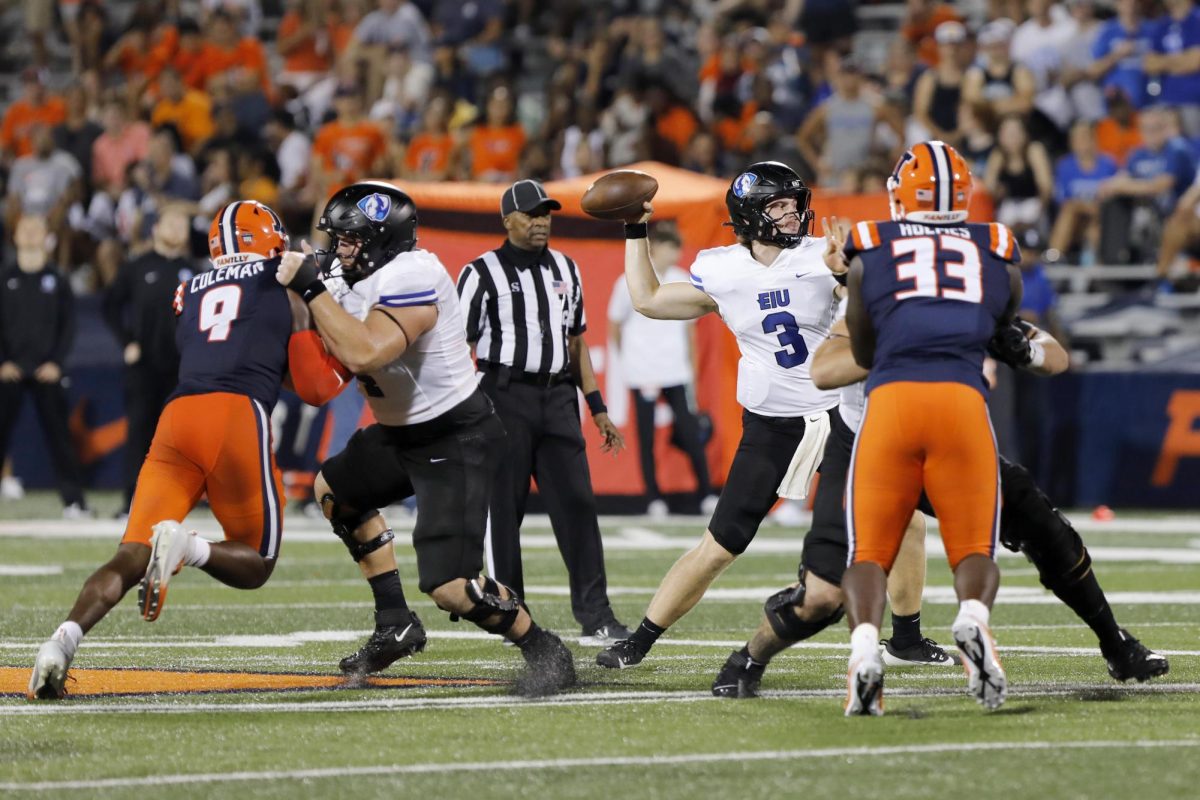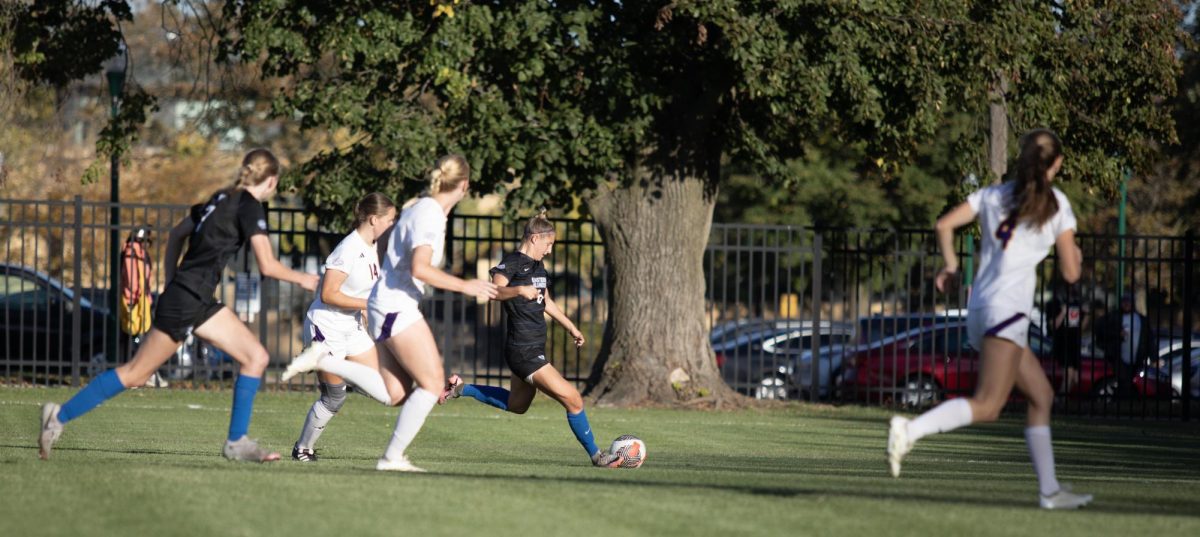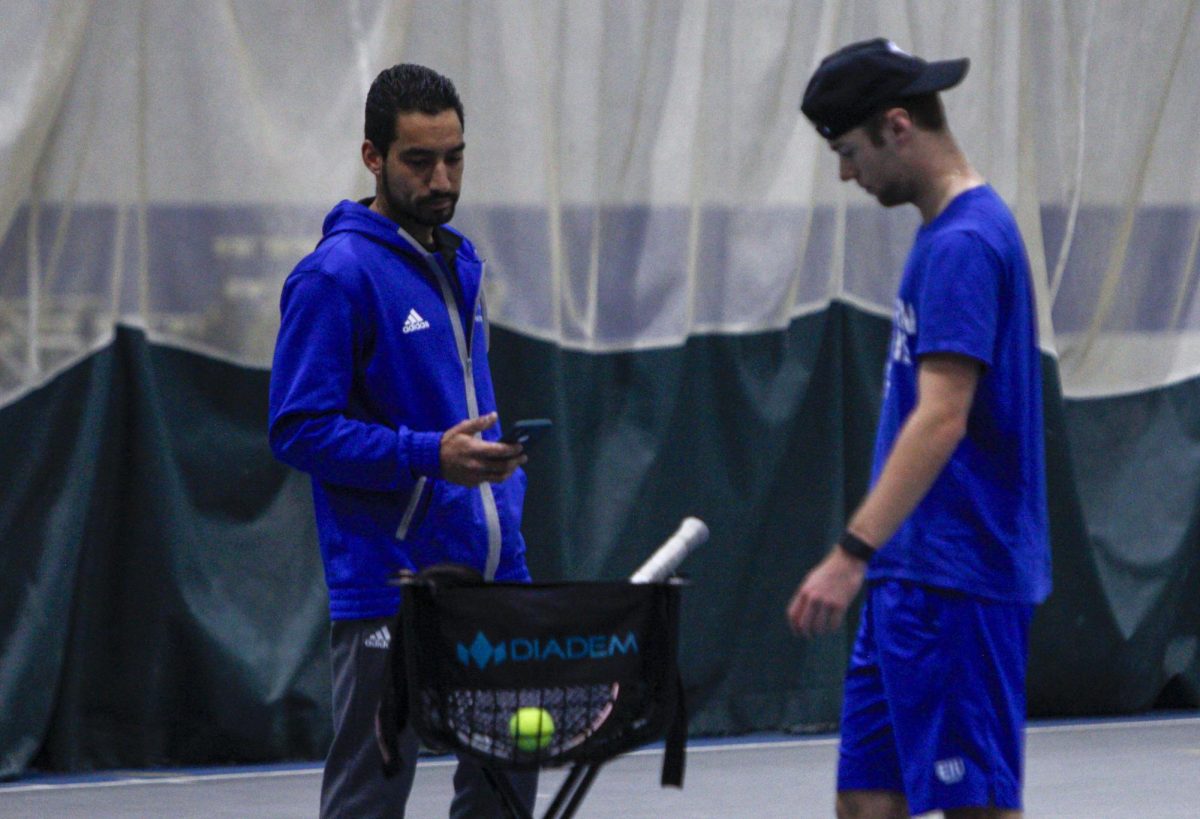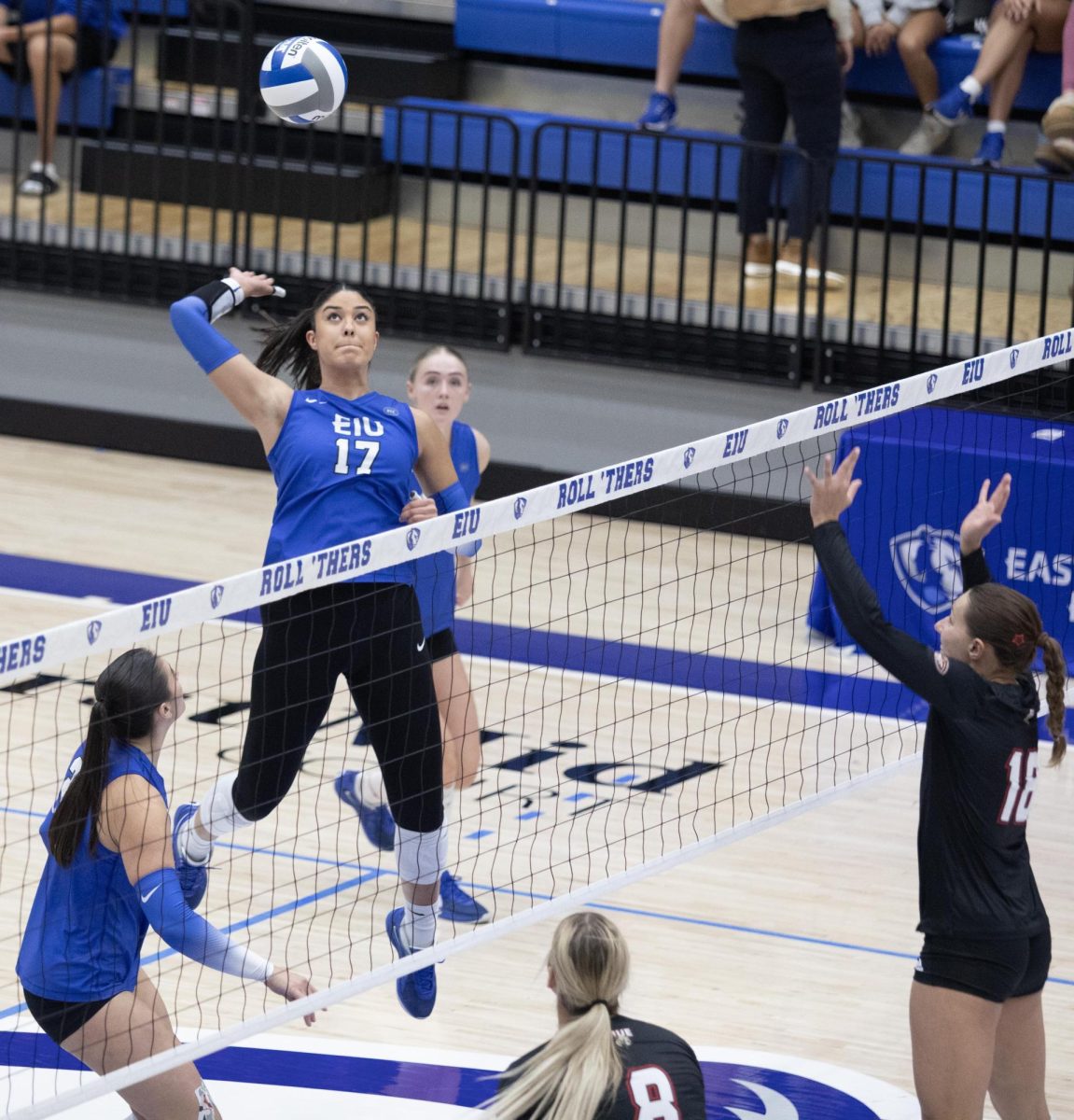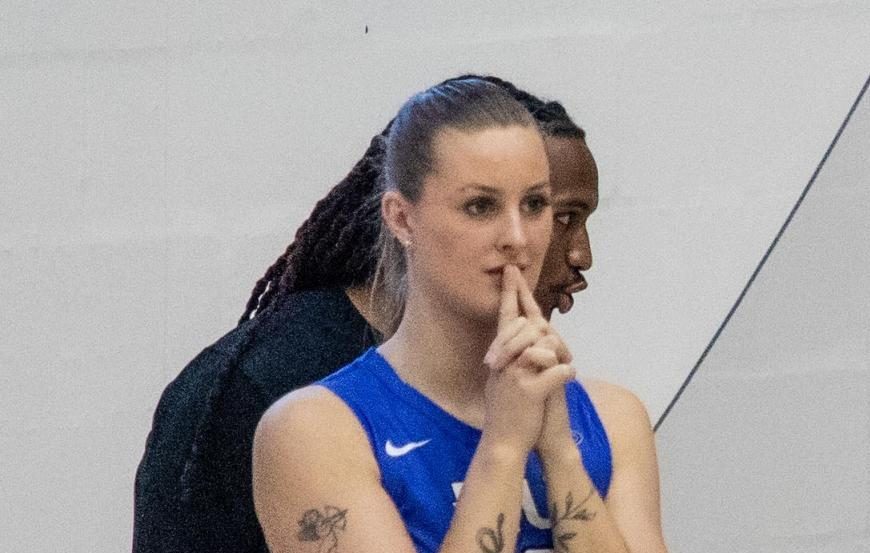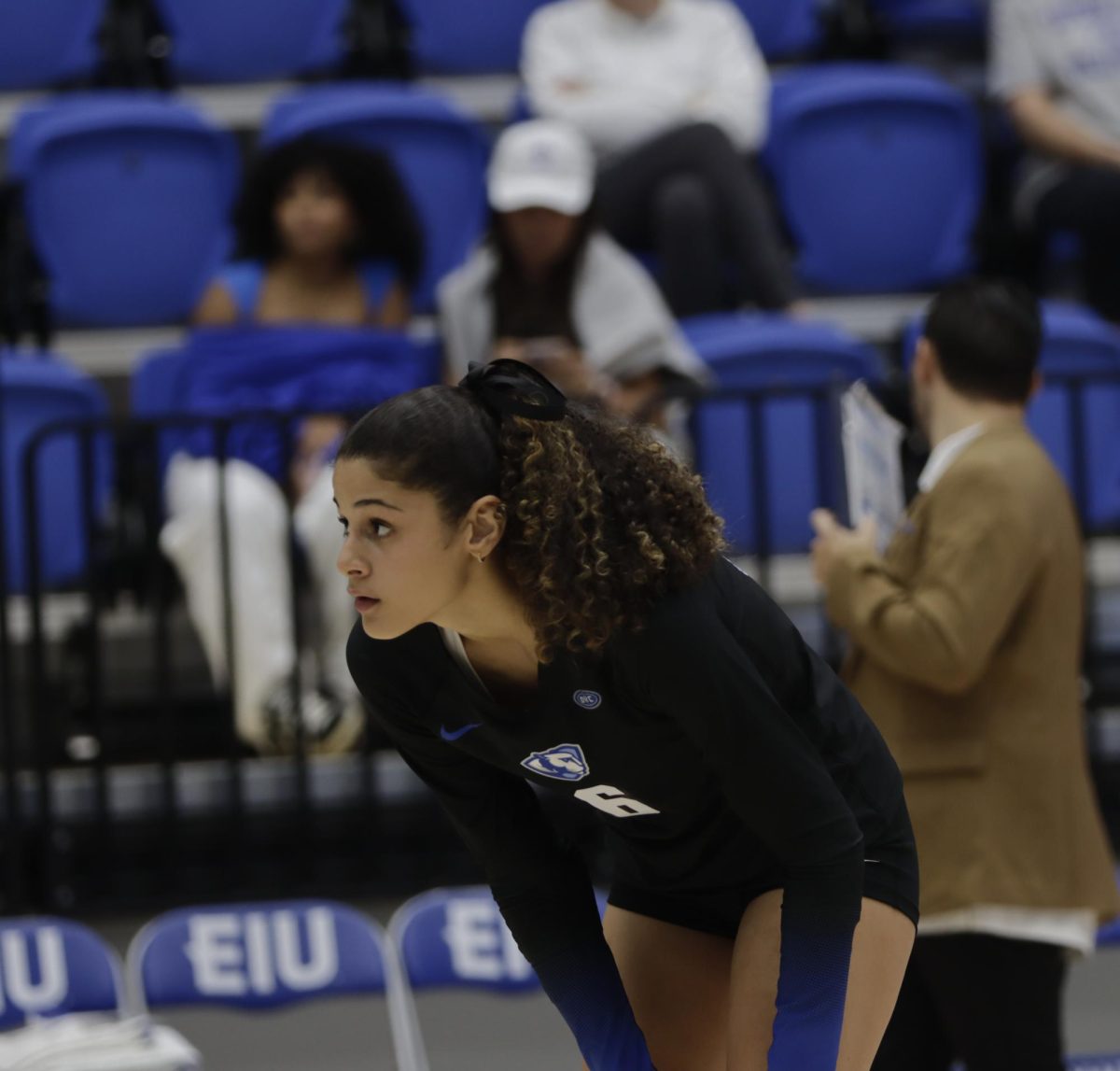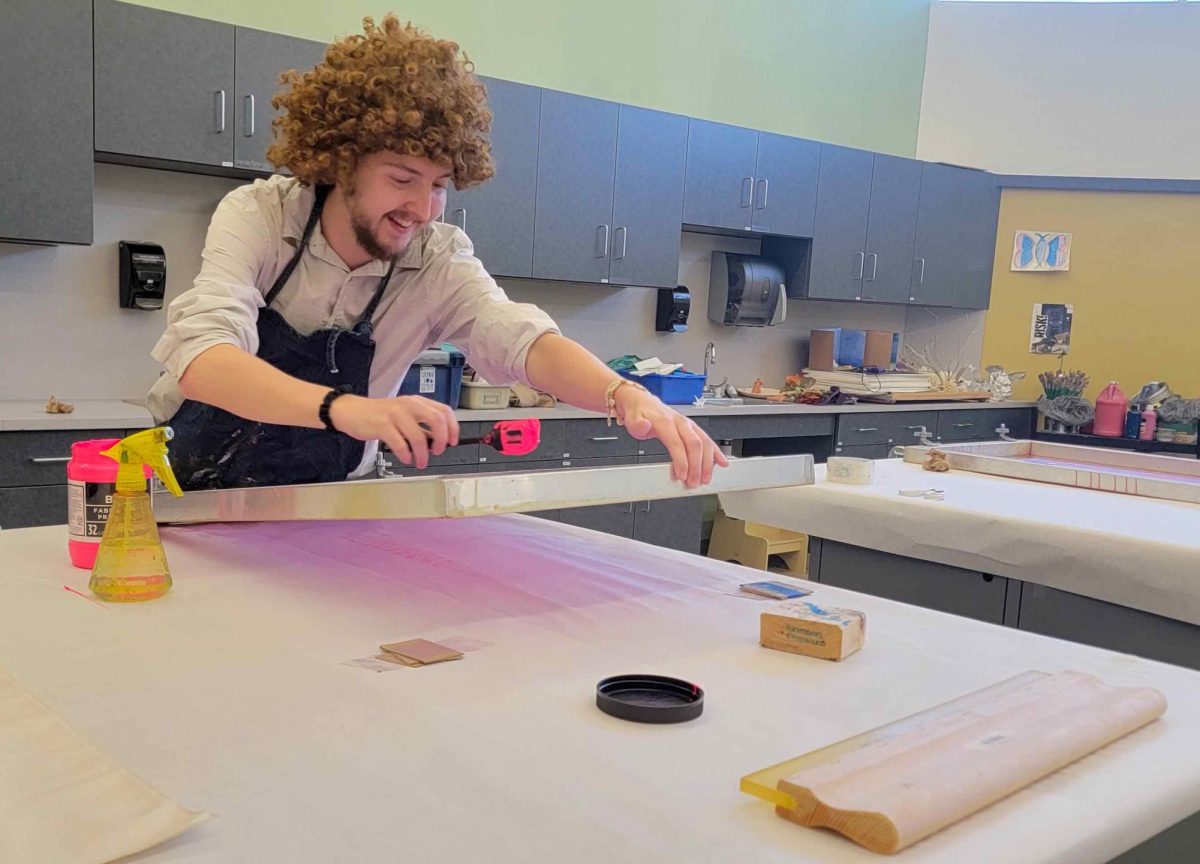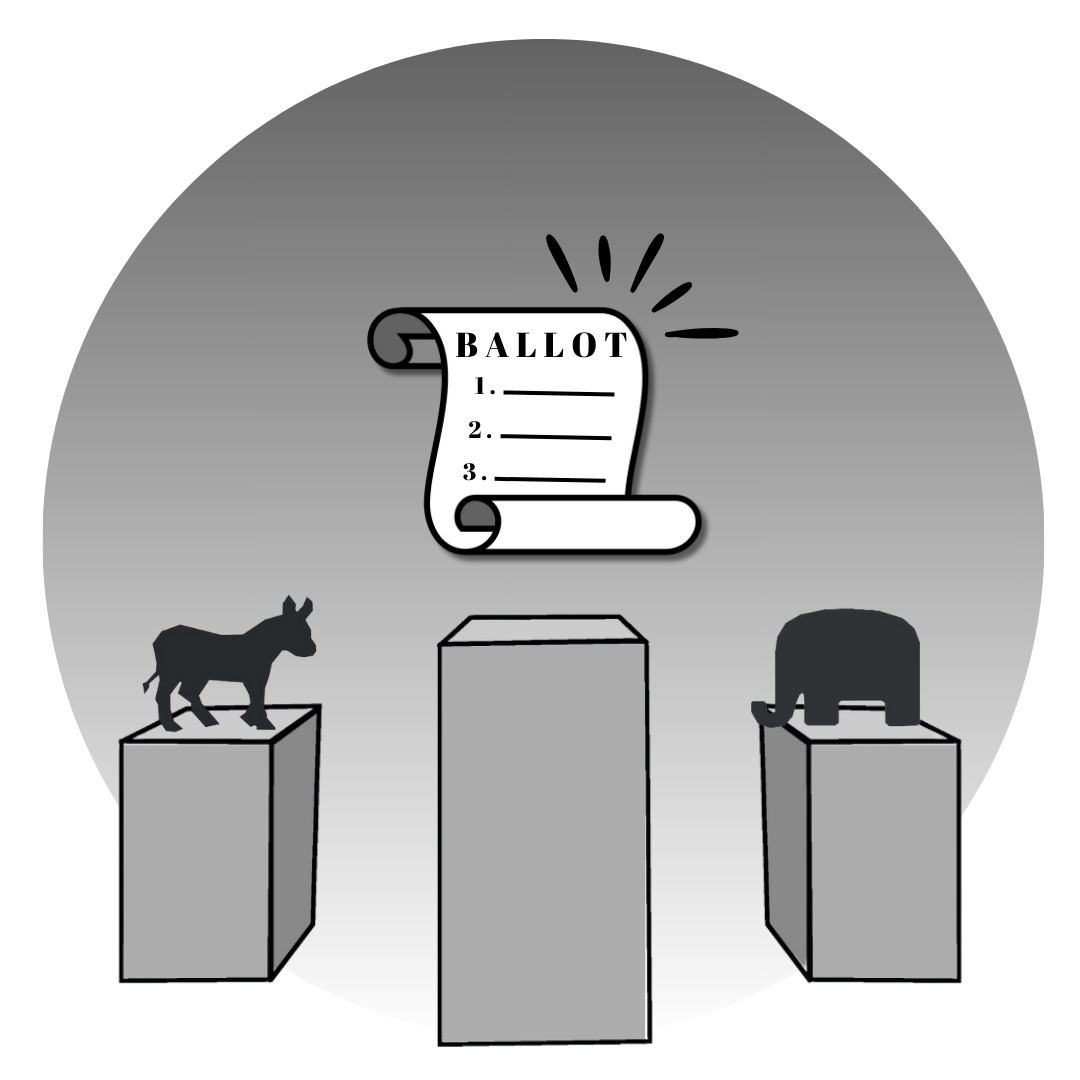Lawyer explains Butler lawsuit
February 18, 2020
The Eastern swim team was a day removed from a fifth place finish in the Summit League Championships. The team’s bus was bringing them back to campus in Charleston, carrying on it swimmers who had just combined for 20 top-16 finishes to end their season. The night should have been a celebratory one, but instead became a nightmare.
The team’s charter bus pulled over at a rest stop in East Moline, Illinois, Eastern freshman Jaylan Butler, like many of his teammates, stepped off the bus to stretch his legs. Butler found his way over to a road sign that read “buckle up, it’s the law” and took a selfie with the sign at the encouragement of a coach. Butler began his return to the bus after the selfie; it was then that he was confronted with police officers, guns drawn, screaming at Butler to get on the ground.
The officers threw Jaylan to the ground, and one yelled that if Butler moved he was going to “blow his f****** head off.” Court documents allege that officers had Butler pinned to the ground, pressing on his neck and back, guns pointed at his head, according to court documents.
The driver of the bus and Butler’s coach implored with the officers they had the wrong person, and it did not take the officers long to realize that Butler was indeed not who they were looking for. Rather than let Butler go, however, the officers instead placed him under arrest for resisting arrest and put him in the back of a squad car.
The officers eventually let Butler go, but when Butler asked for names and badge numbers of the officers, they said “there was nothing they could do for him,” court documents said.
Butler was free to go, back on the bus with his teammates and on the road back to Charleston. But, the damage had already been done. And that is why Butler, backed by lawyers from the ACLU, is suing the officers.
The Daily Eastern News spoke with one of Butler’s attorneys Rachel Murphy of the ACLU. She told us what happened to Butler was “unacceptable.”
Butler’s family reached out to the ACLU after the incident through their intake process and it did not take the ACLU long to realize Butler’s case was going to be an important one.
“What happened to him was entirely unacceptable,” Murphy told The Daily Eastern News. “I think that often times we hear about the cases where someone is shot and or killed by a police officer and I think we don’t realize how often people are actually interacting with officers in the way that Jaylan had to where he had guns pointed at him, he had a gun put against his head and thank goodness he survived and wasn’t seriously injured. But this is still so hurtful, so traumatizing and we just realized this is something that really needs a lot of attention and these officers need to be held accountable.”
One of the first steps the ACLU took after taking Butler’s case was to file a Freedom of Information Act request to figure out the names of the officers who did this to Butler, because the officers had not given Butler any names or documentation.
Murphy said police work like that is “very egregious.”
“All (the officers) knew about him was that he was a young black man walking towards the bus and even though they may say they thought he was someone else, the way they approached it was so aggressive,” Murphy said. “He never resisted, they pushed his face down into the snow, they were pinning him down on the ground, handcuffing him then putting guns to his head and threatening to shoot him. And even after they realized he wasn’t the person they were looking for, which was almost instantly they didn’t let him go. They continued to hold him, they continued to keep him in handcuffs, they even move him into the back of a police vehicle.”
Murphy added: “This never should have happened, but the instant they realized they had made the mistake they should have fixed that and they should have let him go and apologized.”
Murphy said the ACLU has records through FOIA that give indication why the officers were in that area, but so far they have gotten no explanation from the officers why they stopped Butler or why they treated him in that manner.
Murphy said she cannot speculate as to what the officers were thinking that night, but she did say that based on the information the ACLU has, there is a lot of reason to believe that the way Butler was treated by police was because he was a young black man.
The lawsuit filed by Butler and the ACLU alleges 12 different counts against the officers. Those counts include: unlawful search and seizure, false arrest, excessive detention, excessive force, failure of bystander officers to intervene in unconstitutional conduct, Article I, section six of the Illinois constitution (search, seizures, privacy and interceptions), state tort of false imprisonment, state tort of false arrest, state tort of intrusion on seclusion, state tort of assault, state tort of battery and state tort of intentional infliction of emotional distress.
Murphy said the ACLU hears about this kind of case often but is not always able to take them on like they have with Butler. Murphy did not undersell however the importance of Butler’s case in the larger picture of the relationship between police and African-Americans.
“These are things that we always kind of hear about; that somebody has had a gun pointed at them by the police or they were handled aggressively during a stop by the police, they weren’t doing anything wrong and then they were just let go,” Murphy said. “I think that’s why we really felt that this is important. This kind of thing happens a lot, and again, especially to people of color and this is the kind of thing that we as a society need to be aware of and we need to send a message that this is not O.K. and we will not stand by it.”
The officers names in the lawsuit are: Travis Staes, East Moline Police Department; Ethan Bush, Hampton Police; Jack Asquini, Rock Island County Sheriff’s Department, a deputy Pena whose first name is unknown, and two John Doe officers who have not yet been identified.
Dillan Schorfheide contributed to this report.
JJ Bullock can be reached at 581-2812 or jpbullock@eiu.edu.


